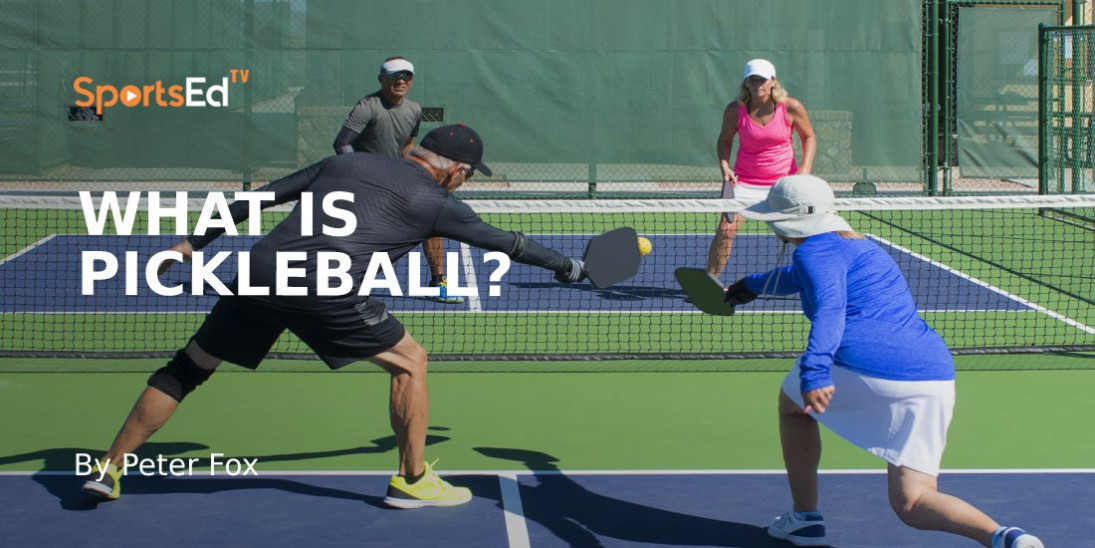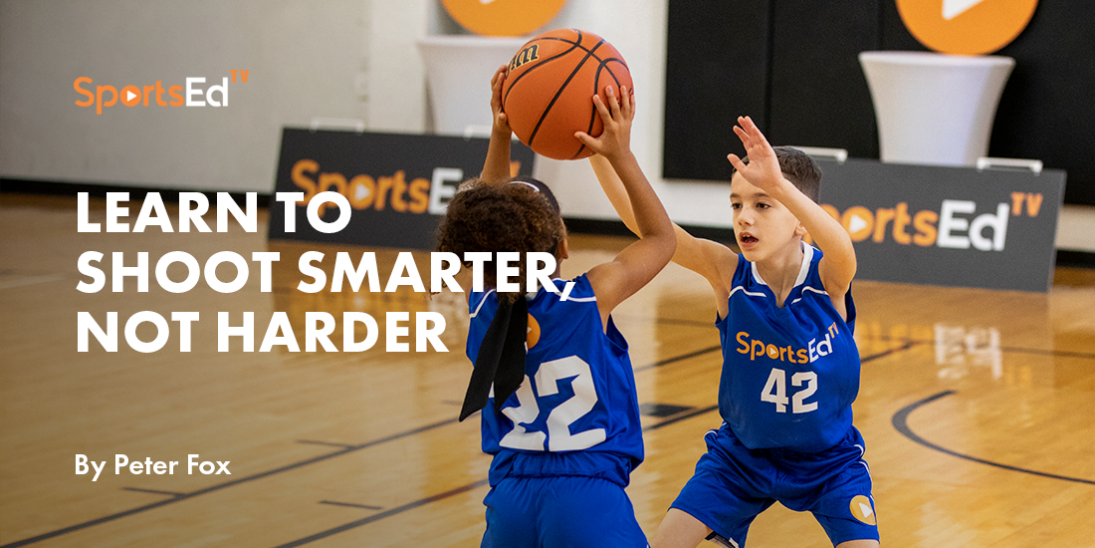On The Heart Beat, Learn To Win, Mental Toughness
Welcome and thanks for visiting...

Cheating In Sports Is A Cancer

Sports cheating metastasizes.
An astounding assertion by researchers says “it is important that sports organizations recognize that athletes who do not cheat, but are aware that other athletes cheat and get away with it, may be more likely to cheat in the future.”
Those dark words depress this mediocre athlete, longtime fan, full-time observer, and sometimes sports pedagogue and are found in a recent study published International Journal of Sport and Exercise Psychology.
“Cheating is an unethical, deceptive behavior intended to break the rules and make illegitimate gains," cite the study authors repeating the oft-referenced words of Gordon Reddiford in Ethics in Sport.
Tossed from a Little League game for taking out a second baseman with rubber spikes planted in his midriff, like Ty Cobb was said to do, I’ve mellowed and since have ever been puzzled by the fine line between hard competitions and cheating.
Next, in Jimmy Olsen's sportswriting years, observation of a basketball point-shaving scandal on a team I sat in press row covering was befuddling.
Befuddling, because I never saw a thing, even with the jaundice of pre-teen ears listening to broadcast idol Marty Glickman recount the angst mid-'50s basketball powerhouse CCNY players wrought on the legion of their fans when their superstars were arrested for taking bribes to shave points in favor of mob bettors.
So, yeah, big bucks, big sponsors, and big egos feed cheating in big-time sports. Just the names of Armstrong, Rose, Rosie Ruiz, Harding, and serial steroid-slurping superstars evoke knowing nods.
But, what about the kids?
Where does their cheating come from?
TV? Coaches? Parents? Peers?
Clear answers elude this keyboard jockey, as do leagues of researchers, though a cauterized heart has enough emotional memory intact to recall sandlot games where arguments were settled with rock-paper-scissors umpires.
In big-time sports, a big-time deterrent is instant replay as electronics have become ubiquitous if not in judgment, in exposure of cheating.
Yet, electronics themselves beget cheating says Caleb Smith SportsEdTV e-sports Contributor and leader in the Raleigh North Carolina mecca of e-sports events, and companies.
“Esports has had a large issue with cheating. Most games now have an anti-cheat. Activision Blizzard is still criticized for not doing anything about cheaters on Warzone. Cheating can include stream sniping, bribing, doping, usually Adderall, or downloading a cheating software that can enhance gameplay," Smith says.
As a parent, a player, and a son of a player, it's easy to identify rearing times when household rules were set in pudding and changed situationally and may have affected brotherly sharing of at-bat swings, or skateboards.
Parenting is the epitome of on-the-job training, but John O'Sullivan took a deeper dive than me in his To Cheat or Not to Cheat…Is That Even A Question in which he writes:
“We might win a game, or we might win for a season or two by faking results, but isn't our job as coaches to teach and improve our players? Isn't it our job as parents to find our children teachers and not manipulators of results?
Sport is an incredible venue to teach children character and life lessons in an environment that provides (usually) a safe place to learn these things. It also can provide adult mentors to guide our children through the trials and tribulations of learning, and give them positive role models for life.
Unfortunately, it is also a convenient place for children to learn how to cheat, how to cut corners, and how to take shortcuts in the pursuit of success. They can find adults who teach them that the win is all that counts, no matter how it is achieved. If we encourage this in sports, how do we discourage it in school, in marriage, in work, and throughout life?”
In Sullivan’s work, he poses a question that beats in the heart of this still competitor:
“What is cheating, and is it different from gamesmanship and using the rules to your advantage? he asks”
In sports, rules are in place for the safety of the players, the integrity of the game and to create as fair a competition as possible and yet the rules didn’t specify no slingshots to the demise of Goliath.
When meeting with United States Golf Association officials to discuss television permissions at the U.S. Open Championship, I was ushered into their “rules room” at the august Far Hills New Jersey headquarters.
It was roomy, about the size of half a pickleball court, and with floor-to-ceiling shelving lined with hardbound books of rules decisions submitted by competing golfers of all levels in competitions through the years and around the USA.
It triggered a transformative golf period in which my best club was a practiced left foot to an undeserved reputation as a rules curmudgeon. Undeserved when pointing to rules violations in casual games, offering that the violator would become more than violated if found in the same situation during a tournament.
So where does gamesmanship or preparation become cheating? Is it cheating to drive on the roads around the golf course, checking out the pin positions before teeing off? Or, is silence about the wind or soggy spot left of the green remembered from prior play a cheat?
Is letting the sun reflect off of a polished putter enough to bother others a cheat?
Who draws the line when within the rules a player crosses the gamesmanship line too often?
Shunning works. When a gambler can’t get a game, shunning works. When friendly becomes unfriendly, shunning works.
In sandlot games, shunning worked. Not so much in the mini-van, travel team era.
Is winning at fault?
Don't ask a big league general manager with empty seats on the 50-yard line.
At the sports git-go we might be well served by discussing these points more deftly explored by Rutgers author David Feigley:
- Winning builds confidence.
- Winning gains one access to rewards and special privileges.
- Winning increases in importance as kids get older.
- Winning increases motivation.
- Winning builds esprit de corps, cohesion, and team spirit.
- Winning becomes a more appropriate goal if the definitions of winning are broadened.
- Winners are those who handle failure better.
- Winning does not ensure the quality of the performance.
- Winning in youth sports is relative to whom you play.
- A crucial ingredient in youth sports is HOW YOU WIN as opposed to whether you win.
- Winning in youth sports programs is influenced by the athlete’s physiological maturity.
- Winning is evidenced by achievement.
If a winning-in-sports-encourages-cheating-syndrome is as cancerous and destructive as is concluded by a collection of respectable researchers, does research allow for an alternative?
I think so.
While not to be considered as a whole cloth curative, I’d be remiss if I did not point you toward SportsEdTV’s LEARN TO WIN collaboration with the superstar HeartMath research associates who have served governments, military, health, education, and corporations with science and technology delivering strong performance.
Our LEARN TO WIN free handbook applies HeartMath to Sports and while its title speaks to athletes’ winning, its definition makes for better players and off the field, court, arena, stadium, pitch, and playground citizens.
Is LEARN TO WIN the cure to the sports-cheating cancer we deplore?
No. Think of it as a benign biopsy, a great prevention tool.





